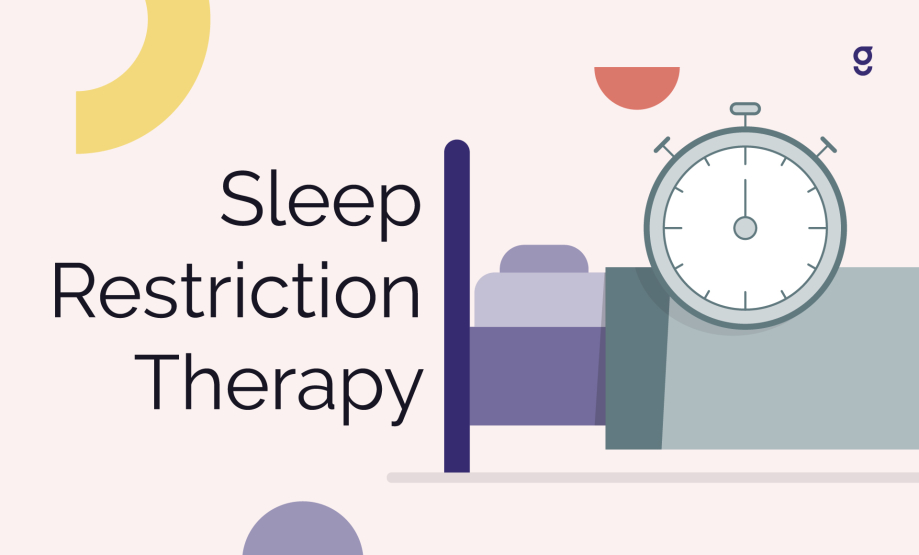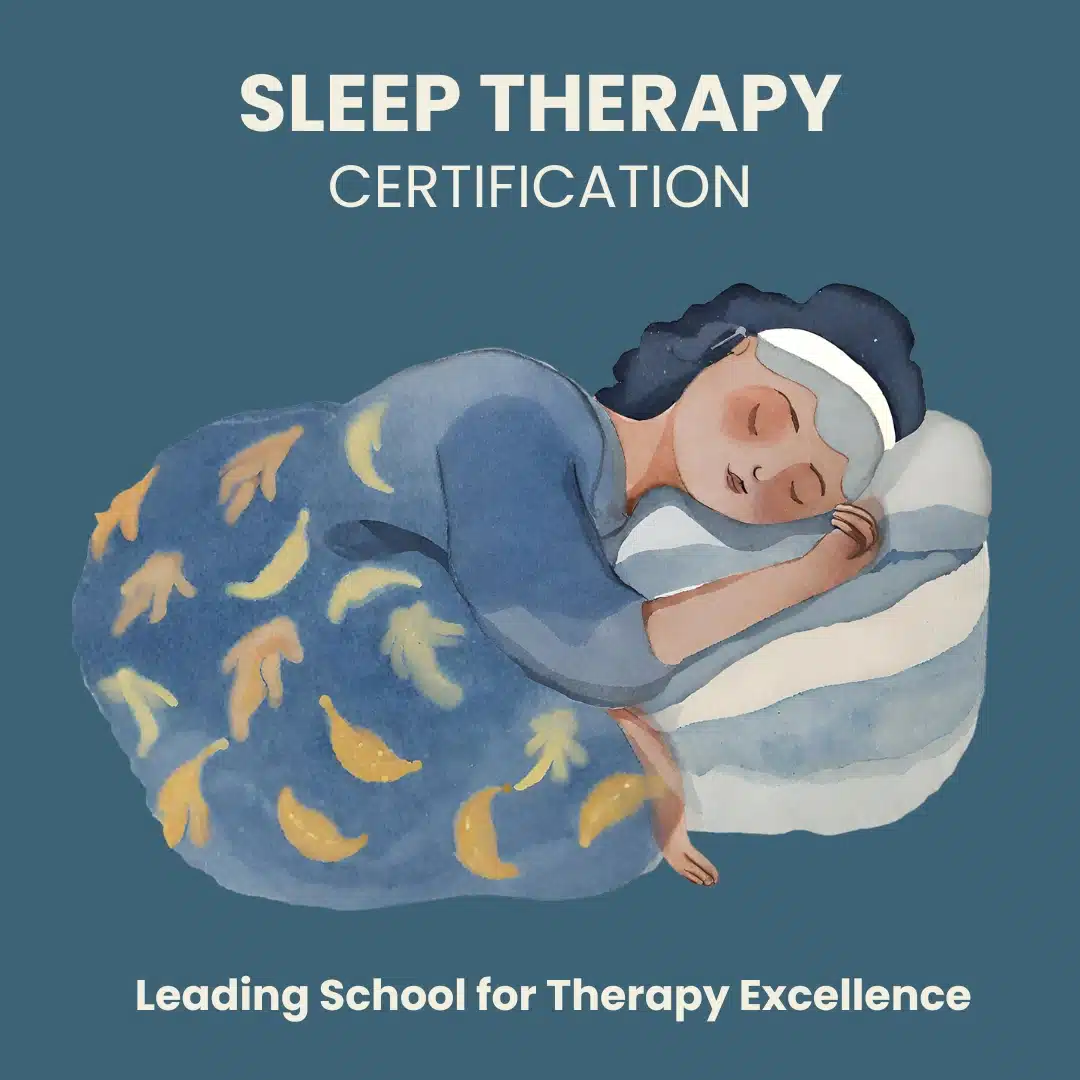Reliable Treatment Solutions for Managing Rest Disorders and Enhancing Relaxing Rest
In the realm of medical care, the administration of rest disorders and the pursuit for peaceful rest are pivotal elements of overall wellness. Reliable treatment services offer a multifaceted technique to tackle these challenges, varying from cognitive behavior treatments to holistic techniques that advertise leisure and mindfulness. The expedition of numerous approaches, including the combination of drug and light treatment, opens a realm of opportunities in the quest of better rest quality. As we browse the elaborate landscape of rest problems and seek to enhance our rest experience, a deeper understanding of these treatment services may hold the key to opening an extra rejuvenating and meeting corrective trip.
Cognitive Behavioral Treatment for Insomnia (CBT-I)
Cognitive Behavioral Treatment for Sleeping Disorders (CBT-I) is a structured, evidence-based therapy technique that concentrates on resolving the hidden elements adding to rest disturbances. This type of therapy intends to customize behaviors and thoughts that aggravate insomnia, eventually promoting healthy rest patterns. CBT-I typically involves numerous essential components, consisting of cognitive treatment, sleep restriction, stimulation control, and rest hygiene education.
Cognitive therapy helps individuals identify and change negative idea patterns and ideas regarding sleep that may be impeding their ability to fall or remain asleep. Rest limitation involves limiting the amount of time spent in bed to match the individual's real rest period, thereby boosting sleep effectiveness (natural insomnia remedies). Stimulus control methods assist develop a strong association in between the bed and rest by motivating individuals to go to bed just when drowsy and to prevent participating in promoting tasks in bed
Additionally, sleep health education concentrates on establishing healthy rest practices, such as maintaining a regular sleep routine, creating a relaxing bedtime routine, and maximizing the rest environment. By attending to these elements thoroughly, CBT-I offers an effective non-pharmacological treatment for handling sleep problems and improving general sleep high quality.
Sleep Hygiene Practices
Having actually established the foundation of cognitive restructuring and behavior adjustments in addressing sleeplessness through Cognitive Behavior modification for Insomnia (CBT-I), the focus currently shifts in the direction of exploring essential Sleep Health Practices for maintaining ideal rest quality and total well-being.
Rest hygiene methods include a variety of routines and environmental elements that can substantially impact one's capability to drop off to sleep and remain asleep throughout the night. Constant sleep and wake times, creating a relaxing bedtime regimen, and maximizing the sleep environment by keeping it dark, silent, and cool are vital parts of good sleep hygiene. Limiting exposure to screens before bedtime, preventing energizers like high levels of caffeine near going to bed, and participating in regular exercise throughout the day can likewise advertise far better rest quality.
Additionally, practicing relaxation methods such as deep breathing workouts or meditation before bed can assist soothe the mind and prepare the body for sleep. By including these rest health techniques into one's daily routine, people can develop a healthy Get More Info rest pattern that sustains peaceful rest and general wellness.
Relaxation Techniques and Mindfulness
Executing leisure methods and mindfulness practices can play a crucial role in cultivating a feeling of calm and advertising high quality sleep. Furthermore, led imagery can assist transfer individuals to a tranquil location in their minds, helping in anxiety reduction and enhancing rest top quality.
By integrating these techniques into a going to bed regimen, individuals can signal to their bodies that it is time to loosen up and prepare for sleep. Generally, integrating leisure strategies and mindfulness techniques can significantly contribute to handling sleep conditions and improving total rest top quality.

Medication Options for Sleep Disorders
After discovering leisure techniques and mindfulness practices as non-pharmacological interventions for enhancing sleep high quality, it is crucial to consider medication options for individuals with sleep conditions. In situations where way of living adjustments and therapy do not offer adequate relief, medication can be a useful tool in handling sleep disturbances.
Frequently recommended medicines for rest conditions include benzodiazepines, non-benzodiazepine hypnotics, antidepressants, and melatonin receptor agonists. Benzodiazepines, such as diazepam, are sedatives that can assist cause sleep, however they are normally suggested for temporary usage because of the danger of dependancy. Non-benzodiazepine hypnotics like zolpidem are additionally made use of to deal with insomnia and have a reduced threat of dependancy compared to benzodiazepines. Antidepressants, such as trazodone, can be advantageous for individuals with co-occurring depression and sleep disturbances. Melatonin receptor agonists, like ramelteon, target the body's all-natural sleep-wake cycle and can be helpful for controling sleep patterns.
It is vital for individuals to speak with a doctor to identify one of the most proper medication alternative based on their details sleep problem and case history.
Light Treatment for Circadian Rhythm Law
Light treatment, likewise understood as phototherapy, is a non-invasive therapy technique used to regulate circadian rhythms and improve sleep-wake cycles. This therapy entails exposure to brilliant light that imitates natural sunlight, which aids to reset the body's body clock. By subjecting individuals to specific wavelengths of light, generally in the early morning or evening relying on the desired result, light therapy can successfully readjust the circadian rhythm to promote wakefulness throughout the day and enhance relaxing rest at night.
Research study has actually revealed that light therapy can see this page be especially valuable for individuals with body clock disorders, such as delayed rest phase syndrome or jet lag. It can likewise be practical for those experiencing seasonal depression (SAD), a type of anxiety that typically happens during the cold weather when all-natural light exposure is decreased. Light treatment is usually well-tolerated and can be used along with other my link therapy approaches for sleep conditions to maximize end results and boost overall sleep quality.
Final Thought
In conclusion, efficient therapy services for handling rest conditions and improving peaceful sleep consist of Cognitive Behavior modification for Sleeping Disorders (CBT-I), sleep hygiene practices, relaxation methods and mindfulness, medicine choices, and light treatment for body clock policy. These methods can help individuals improve their sleep quality and general well-being. It is essential to seek advice from a medical care company to figure out one of the most ideal approach for dealing with rest concerns.
As we browse the detailed landscape of rest problems and look for to enhance our rest experience, a much deeper understanding of these treatment services might hold the trick to opening a more refreshing and satisfying restorative journey.
Sleep constraint includes limiting the quantity of time spent in bed to match the person's actual rest duration, therefore boosting sleep performance. Constant rest and wake times, producing a relaxing bedtime regimen, and enhancing the rest atmosphere by keeping it dark, silent, and cool are crucial components of good sleep health. Light therapy is usually well-tolerated and can be utilized in combination with other therapy techniques for rest disorders to maximize outcomes and enhance overall rest quality.
